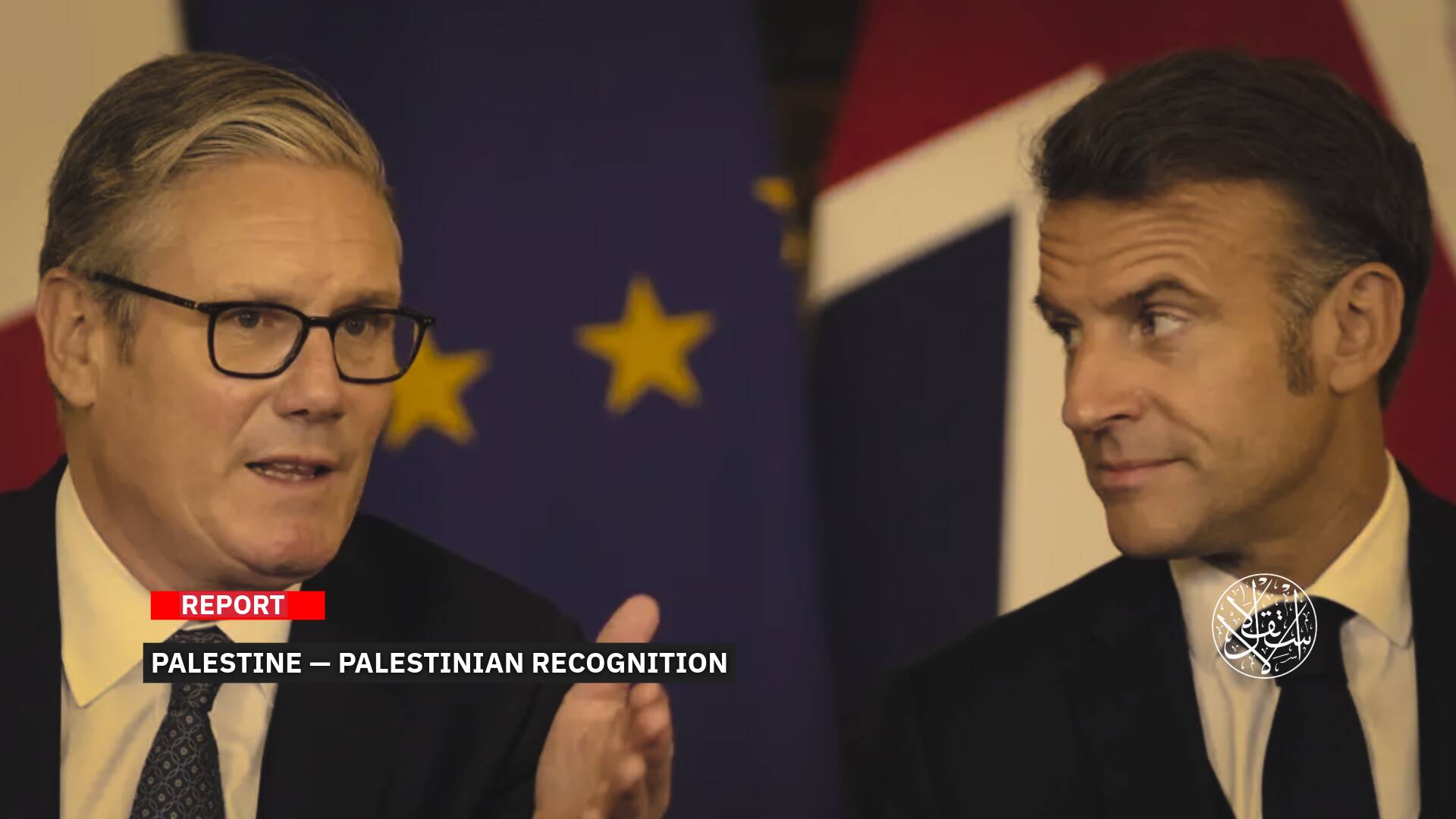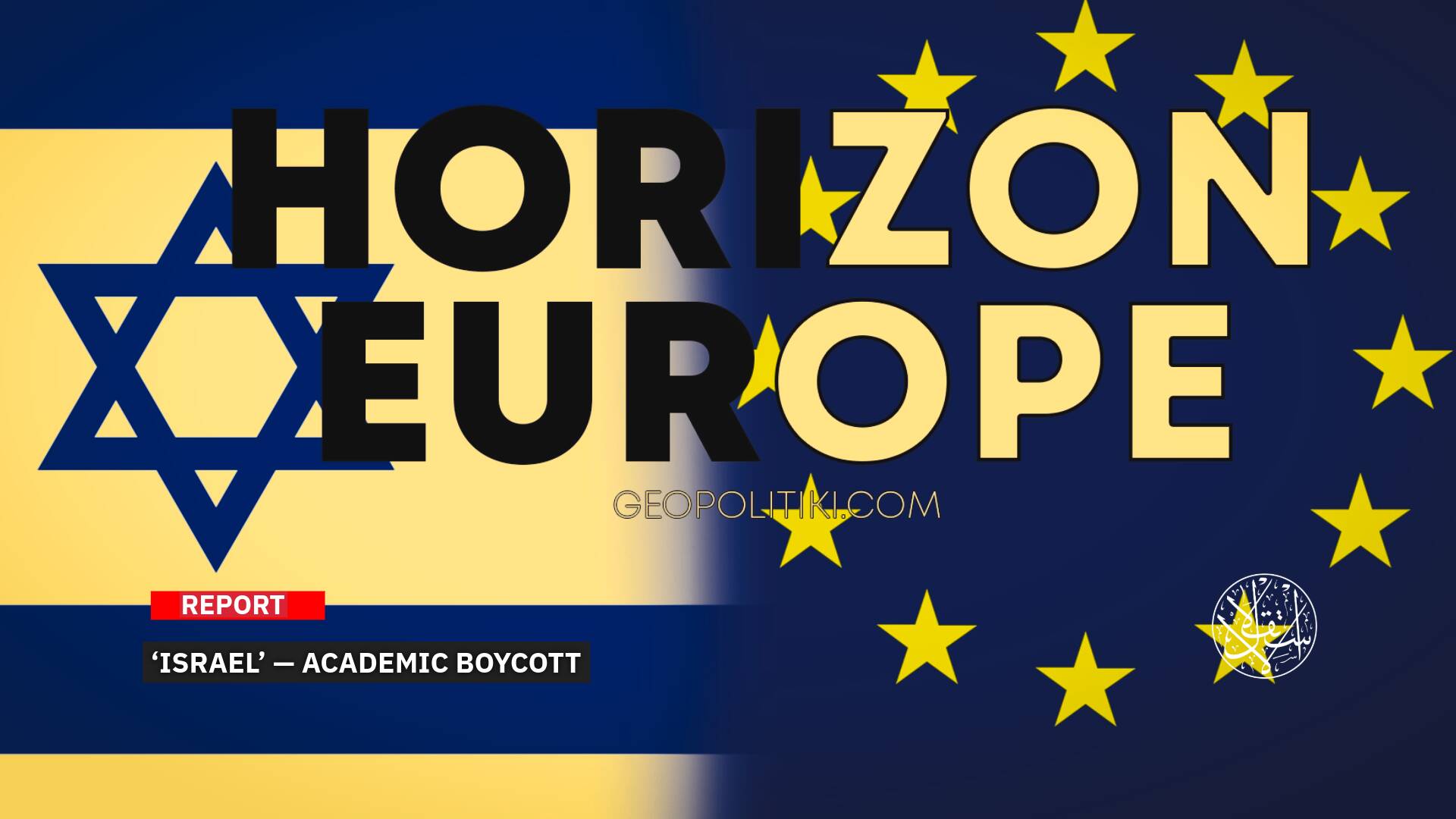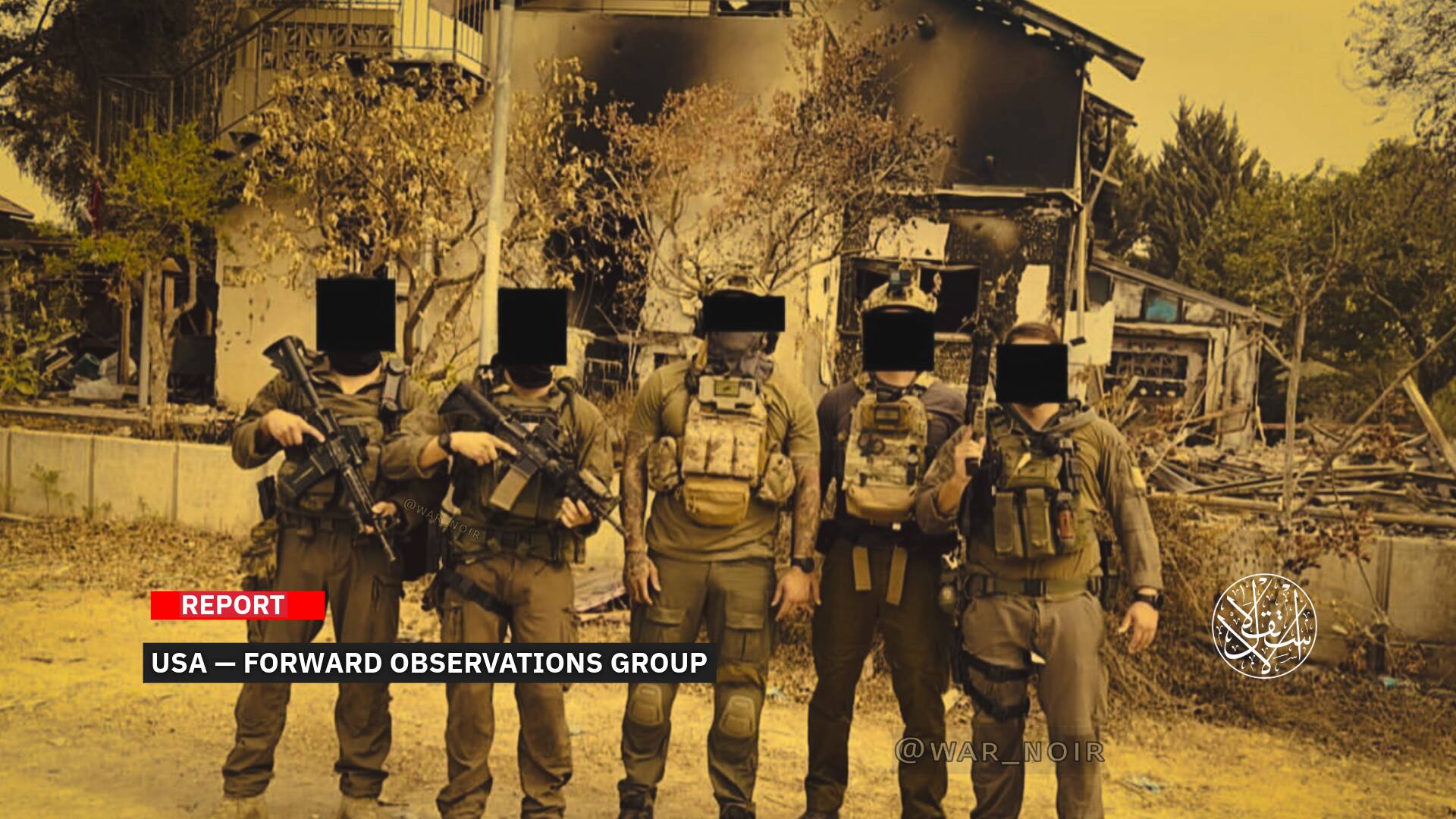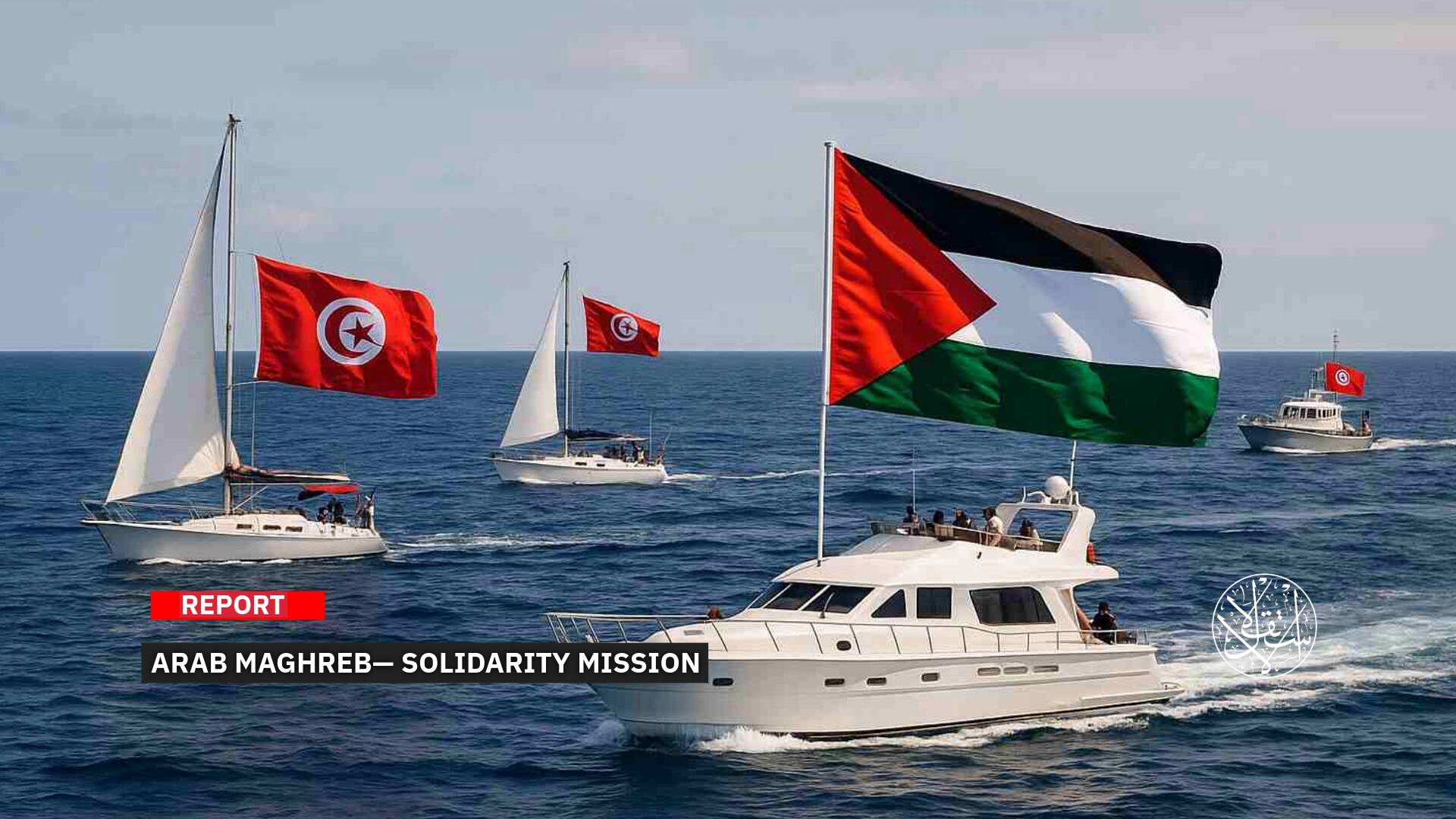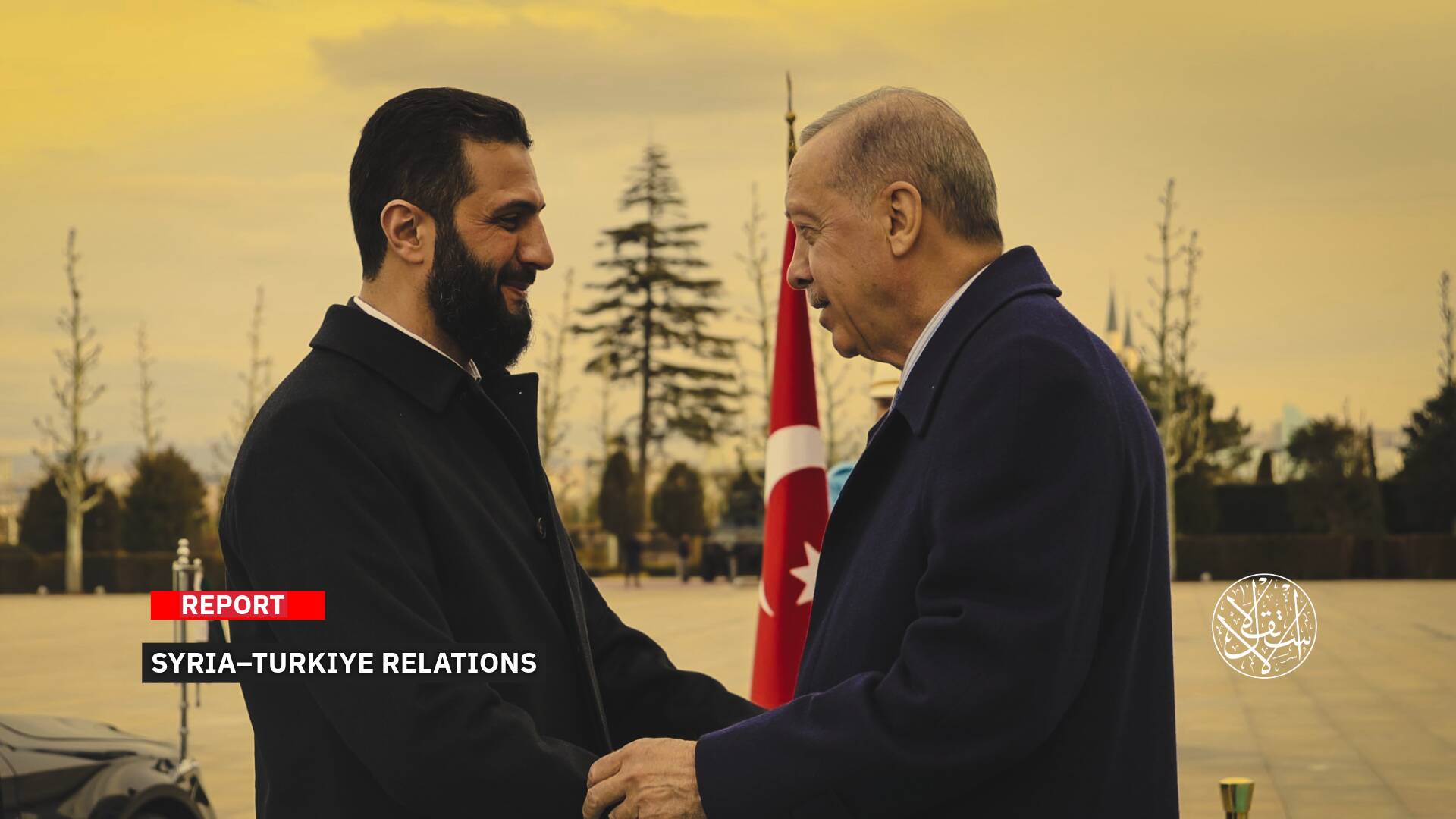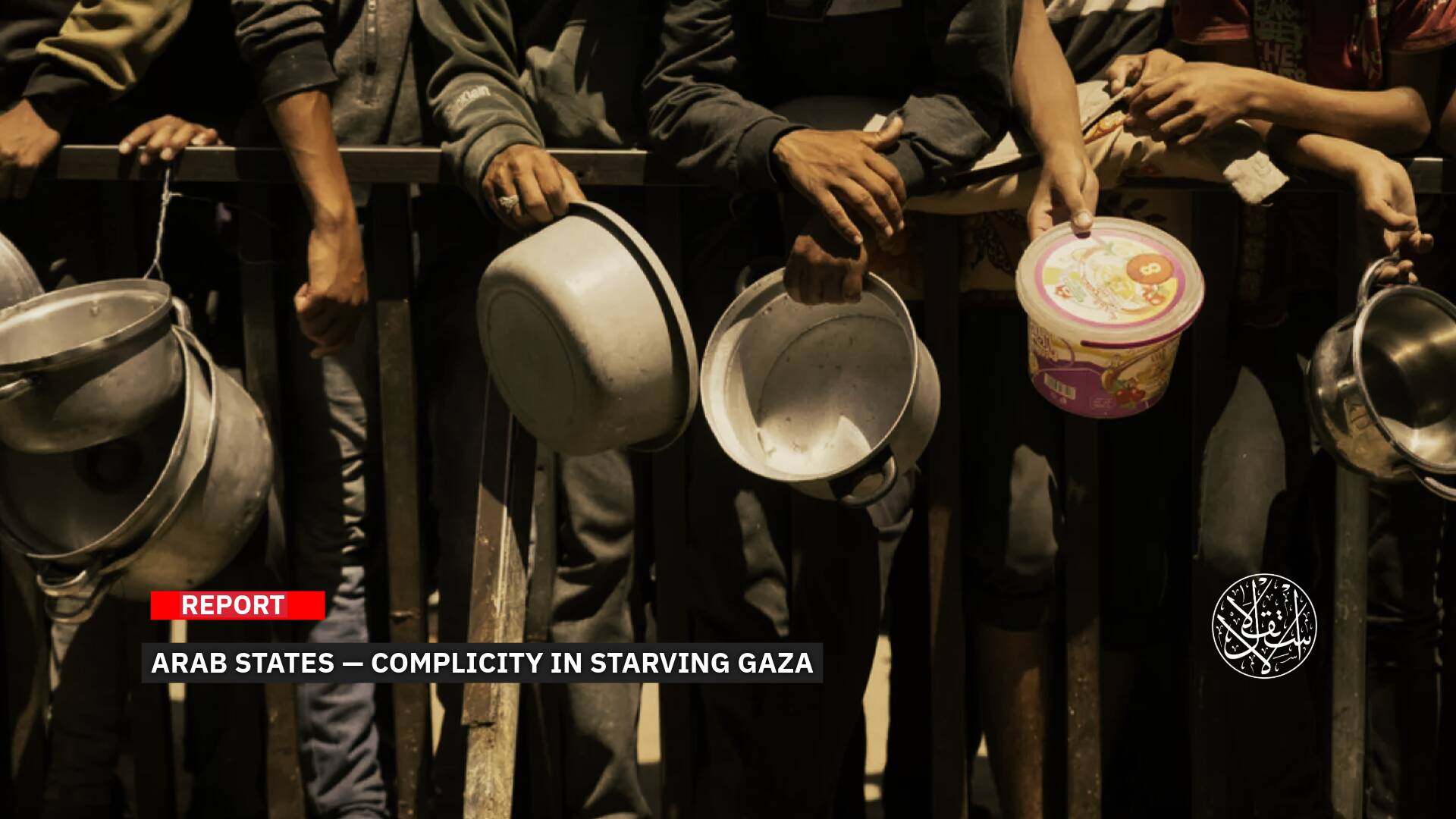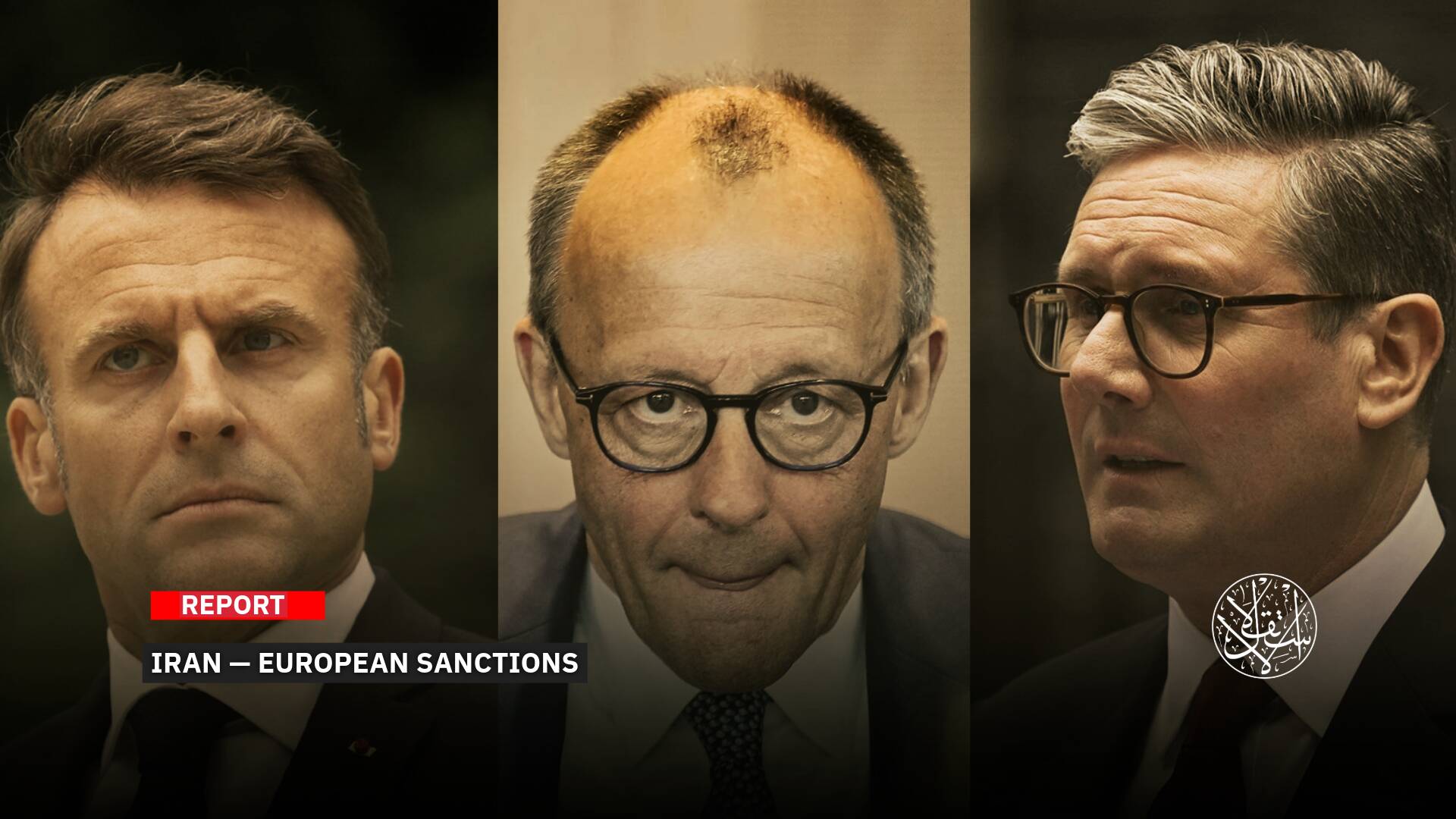Kais Saied Declares Himself Commander-In-Chief for the Army and Security Forces .. Is it a Coup?
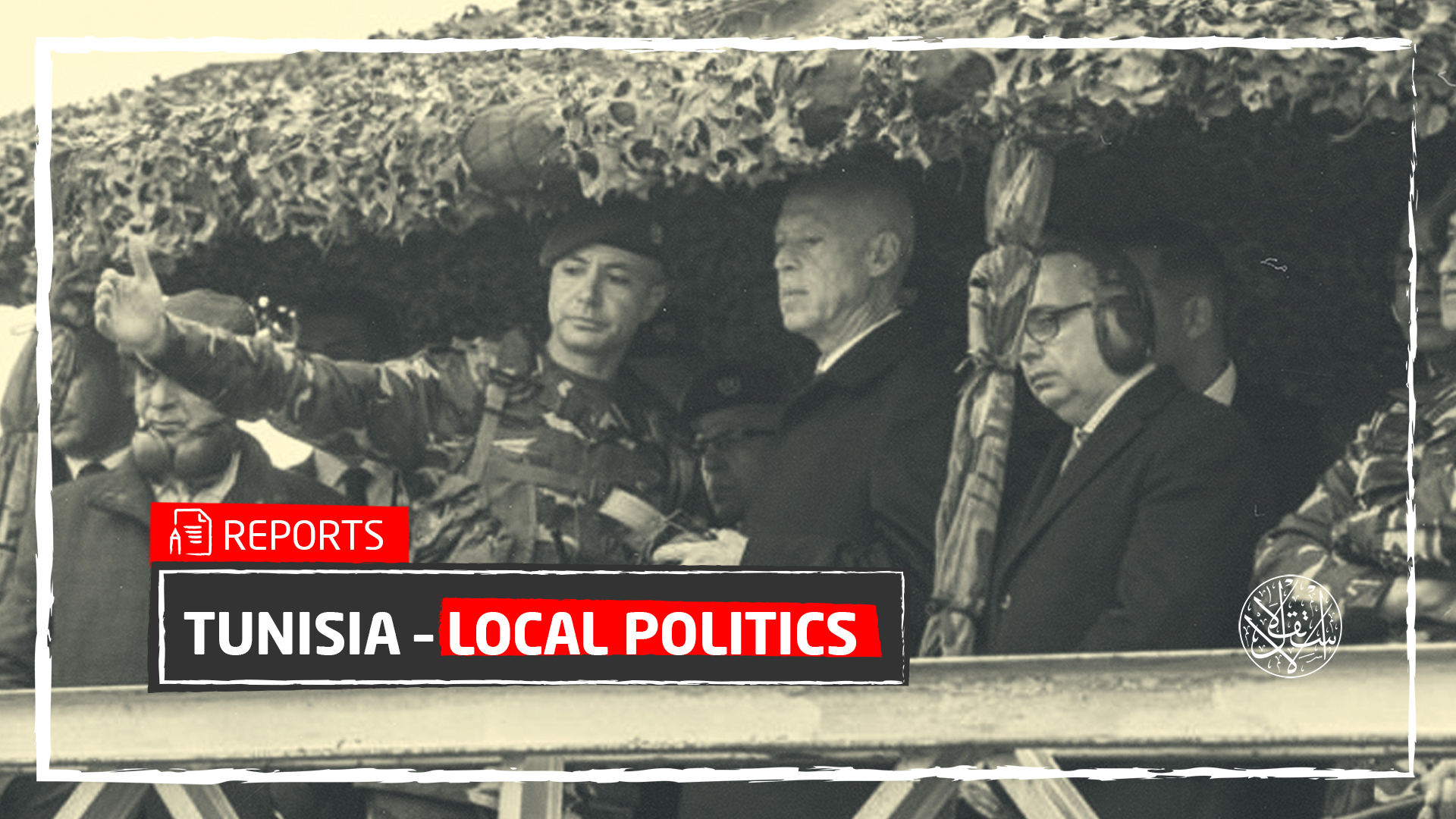
Since April 18, 2021, Tunisia has been living in light of an open debate between its political elites and citizens, following the speech of the President of the Republic, Kais Saied to a number of security agents from the police, the National Guard, and the customs office, on the occasion of the celebration of the 68th anniversary of the establishment of the Internal Security Forces.
Saied blew the debate again after interpreting other chapters of the constitution, through which he concluded that the President of the Republic is the supreme commander of the military and security forces as well.
This interpretation is the second in less than a month, after he announced his refusal to introduce amendments to the Constitutional Court Election Law, as he considered her election contrary to the constitution and that he would not accept it, in a new step that was considered an escalation in the ongoing political crisis.
For months, this crisis continued, after Saied refused to invite the new ministers to take the constitutional oath despite gaining confidence in Parliament. It was accompanied by direct accusations against Prime Minister Hisham Al-Mishishi and the parties supporting him of "carrying out plots and sponsoring corruption."
This speech exacerbated the tension taking place in the country, which raised fears of a slide towards open conflict between the various parties using state agencies, despite the worsening economic and social crisis.
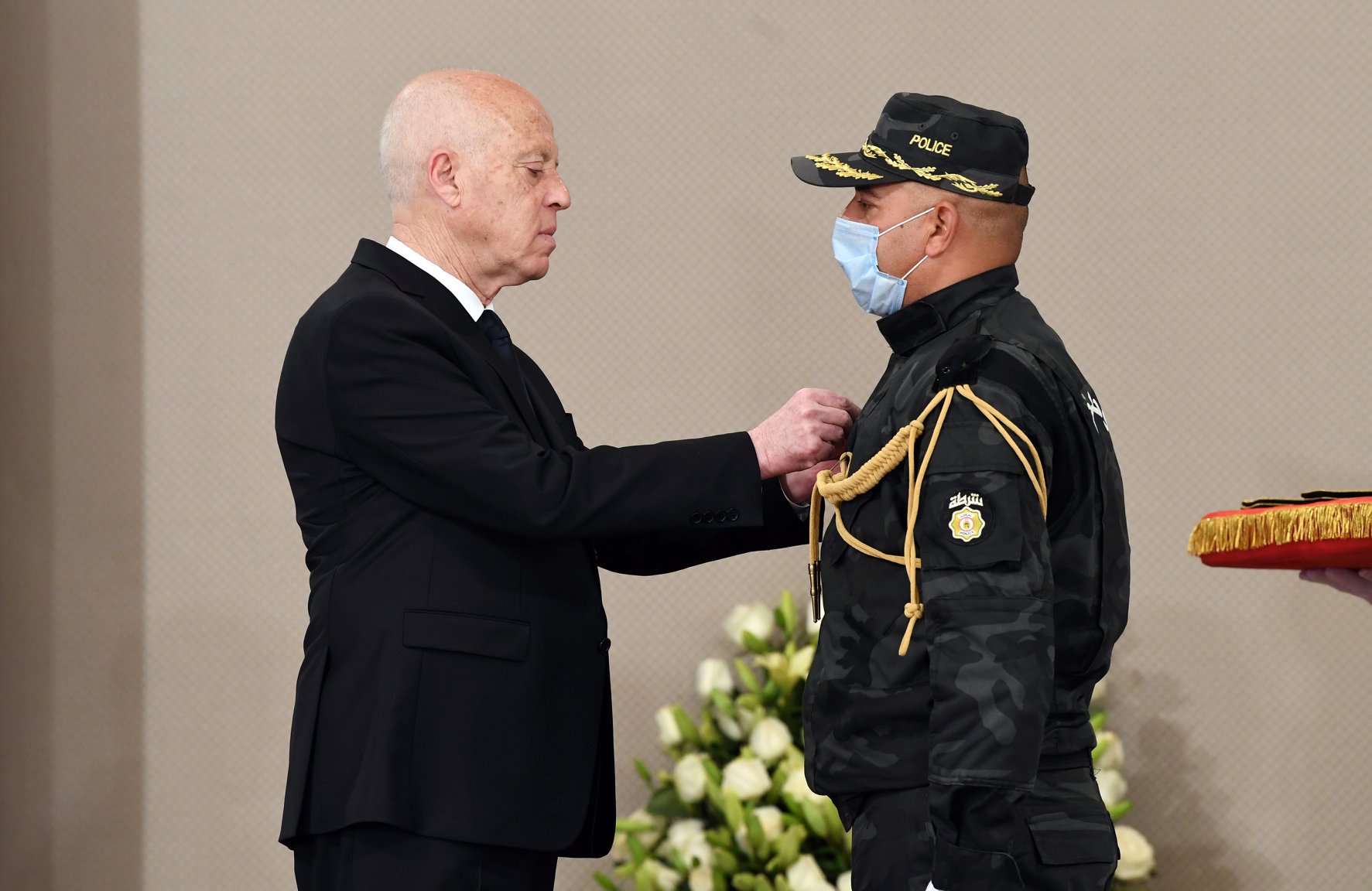
Escalation in the Disagreement
In light of the continuing absence of the Constitutional Court, whose members were supposed to be chosen in the first year after the 2014 elections, according to what Article 145 of the new constitution stipulated, Saied resorts, in every period, to interpreting the provisions of the constitution to expand his powers, which are considered limited by the parliamentary system that governs Tunisia since 2014.
The law regulating public authorities in Tunisia regulates the powers of the two heads of the executive authority in the country, as the president of the republic is considered the supreme commander of the military armed forces, while the head of government is responsible for supervising the Ministry of the Interior and all security structures under its banner.
This time, Saeed resorted to texts from the Constitution of the First Republic issued in 1959, in which he considered that this constitution stipulated that the President of the Republic is the supreme commander of the military armed forces, while the 2014 constitution did not stipulate that the armed forces led by the President are the military armed forces only. .
Article 77 of the constitution issued in 2014 states that the President of the Republic assumes the supreme command of the armed forces. The interpretation of the constitution is widely signed that the prime minister is the one who supervises the internal security forces and that the Ministry of the Interior is among his powers.
But Saied said during the ceremony of the Internal Security Forces in a speech attended by the Meshchi and Parliament Speaker Rached Ghannouchi: "The president of the state is the supreme commander of the military and civilian armed forces, so let this matter be clear to all Tunisians in any position .. I do not tend to monopolize these forces, but The constitution must be respected. "
This speech is considered an advanced episode of the political crisis in Tunisia, which dates back to the stage of the resignation of the government of Elias Fakhfakh, which lasted only a few months in office, after "accusing him of suspected corruption and submitting a parliamentary list to withdraw confidence from him that prompted him to resign."
After the president of the republic conducted formal consultations to appoint a new prime minister, his former advisor and the then Minister of Interior chose Meshichy to form the new government, and despite this, Saeed quickly opposed this government and tried to block it before it obtained the confidence of Parliament .
After that, the President of the Republic turned to an opponent of the Mechanically-appointed government, boycotting any contact with its president, except on some official occasions, where his last meeting was on January 8, 2020.
Quick Answer
On the same day and without delay, the Prime Minister’s response came, who considered that the statements of the President of the Republic, during the celebration of the 65th anniversary of the Day of the Internal Security Forces at the Carthage Palace, were “out of context,” saying: “There is no need for individual and anomalous readings of the constitutional text.”
Al-Meshishi stressed that these statements "also remind us of the highest priority in forming the Constitutional Court, which is the only structure for deciding on such matters."
In the same context, he stressed "the need for a speech that gives Tunisians confidence and brings them together in this difficult circumstance, especially in light of the health and economic crises that the country is experiencing."
Meanwhile, the positions of political parties and personalities critical of what President Said did, as the opposition Republican Party expressed its deep concern about the implication of this speech, “a tendency to expand the powers of the President of the Republic outside of what was stipulated in the constitution and to declare himself commander-in-chief of the security armed forces as well.”
He added, in a statement issued April 19, 2021, that “the provisions of the constitution do not tolerate such interpretation, especially for the distinction of chapters 17, 18 and 19 between the armed forces and security forces and the definition of higher positions in the returning state with regard to both the President of the Republic and the Prime Minister under Laws No. 32 and 33 of 2015. ".
The party warned that "the involvement of the sensitive organs of the state in the fierce conflict between the two heads of the executive authority threatens the stability and security of the country, and opens great risks that may plague the pillars of the democratic state."
In a blog post on his account on the "Facebook" website, the leader of the Hope Party, Ahmed Najeeb Al-Shabi, confirmed that "Saeed is exploiting the legal loopholes in order to gradually overthrow the authority," describing his behavior as "an individual interpretation of the provisions of the constitution that he exploits in his favor."
Al-Shabi considered that "the grave mistakes of the Presidency of the State have become due to accountability and even impeachment."
He added that "the coup is not necessarily a military action. Rather, constitutional law jurists define it as an illegal, authoritarian act that undermines the rules for organizing the existing bodies or the conduct of their work or their power’’
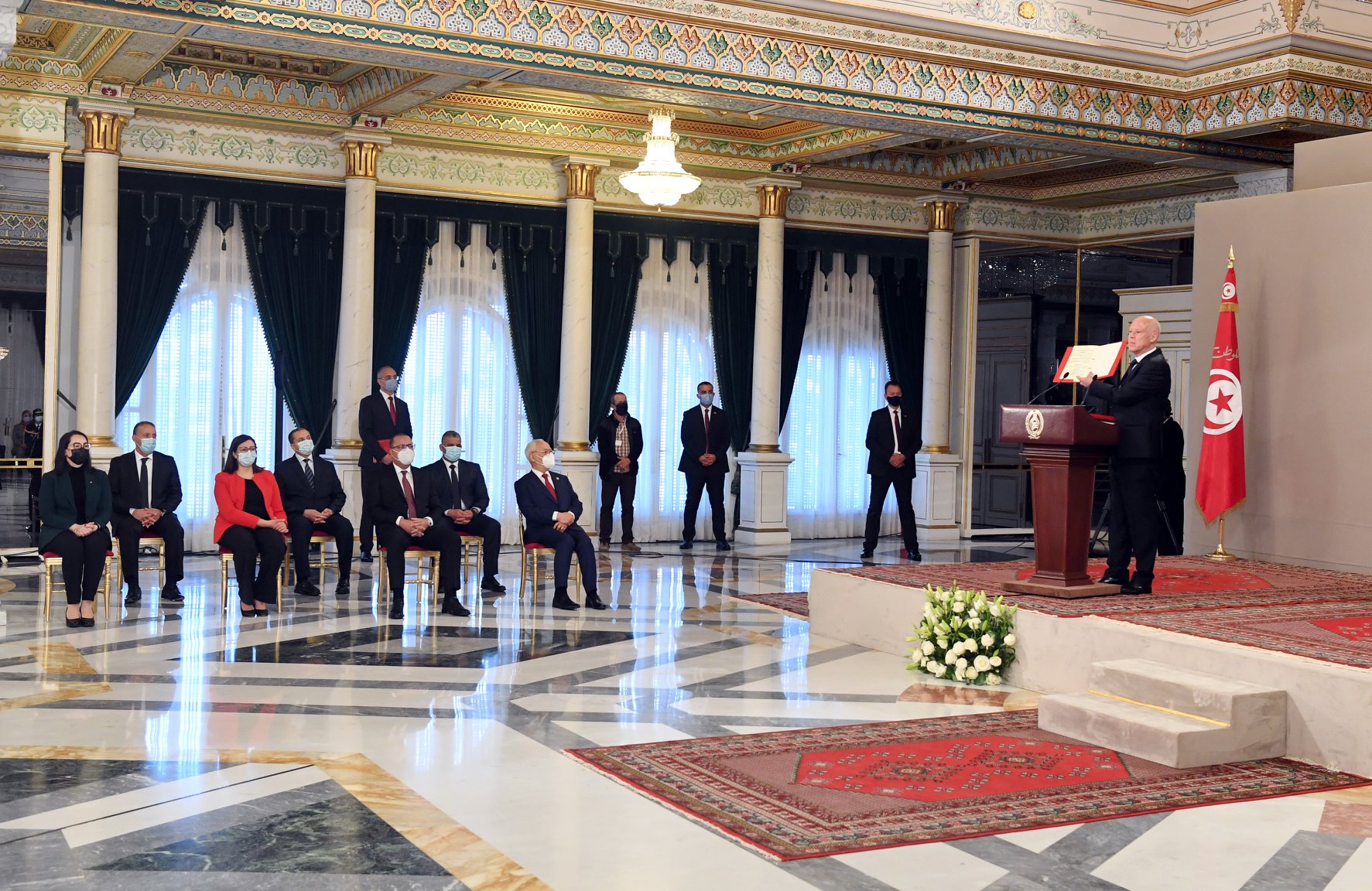
Dangerous Clash
What the former presidential candidate, Chebbi, went to about the possibility of entering the country into severe polarization may slide into a collision within the state's institutions, confirmed by many observers, with the reactions and positions that accompanied Said's announcement.
The Ennahda movement, the largest party in Tunisia and the holder of the parliamentary majority, came out with a position that is the strongest in its relationship with the president of the republic since his election at the end of 2019, as it said in a statement: “We are surprised at the president's return to violating the constitution and considering it a canceled document as a source to justify his tendency towards individual rule.
The movement considered the president's declaration of himself as commander-in-chief of the civilian armed forces, "a trampling on the constitution and the country's laws and an encroachment on the political system and the powers of the prime minister."
She emphasized that "the involvement of the security establishment in conflicts represents a threat to democracy, civil peace and the gains of the revolution." .
A number of observers fear a slide towards an "open conflict" within state institutions in the worst economic and social situation in 10 years.
For his part, Bolbaba Salem, a political analyst, explained to Al-Istiqlal that "the parliamentary coalition in support of the government consisting of the Heart of Tunisia parties and the Dignity Coalition, in addition to the Ennahda movement, supports the latter's statement against the head of state."
And he continued: "As for the rest of the parties, some of which have begun issuing their positions in support of the President of the Republic, along the lines of the People's Movement, they will ride to the event and line up behind the President to settle their scores with their political opponents, especially the Renaissance, as these parties support every step that Saeed takes in confronting Ghannouchi and Al-Mochishy."
The political analyst pointed out that "it is very difficult for a conflict to occur within the state apparatus, especially the army and the arms-bearing forces in general in its various apparatus, because indeed today, after about 10 years of the revolution, security has turned into a republican security that is difficult to employ in any political conflict."
Salem concluded his statement by saying: "The army refuses to include it in politics for any reason. Therefore, the struggle of the prime minister and the head of state will be legal only. No one wants to take an unpredictable adventure, but despite all that, the people alone will pay the price for these futile conflicts."


